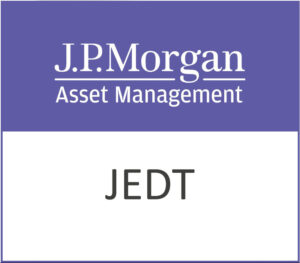We last reviewed Real Estate Credit Investments Limited (LON:RECI) operations in France, 25% of the latest portfolio, in our note, Vive la difference, published 15 February 2022. The core approach is unchanged, but, following the December 2023 factsheet report of an unrealised hit of 1.6p to the NAV from a prime Grade A Paris office exposure, we thought we would review them again. Also, with the November Factsheet reporting a 1.1p NAV hit from a legacy mezzanine position exposed to a Berlin asset, we have considered the de minimis German exposure. While the unrealised losses were unexpected, we show how conservative RECI’s accounting has been and the portfolio resilience.
- Conservative approach: Our note, Marks taken in uncertainty, released thereafter, highlighted RECI’s record of taking MTM hits in periods of uncertainty, only to be followed by subsequent releases. This conservative accounting is on top of robust risk assessment, monitoring, problem account management and portfolio diversification.
- January 2024 factsheet: Underlying NAV rose 1.3p, due to recurring interest income (1.1p). Cash was £23m, and gross leverage £62m. The book has 34 positions (28 loans, gross drawn value £394m, and 6 bonds, fair value £8m – down from 26 and £90m, respectively, at end-March). The weighted average LTV is 60.3%, and the yield is 10.3%.
- Valuation: In the five-year, pre-pandemic era, on average, Real Estate Credit Investments traded at a premium to NAV. In periods of market uncertainty, it has traded at a discount. It now trades at a 17% discount, a level not seen since late 2020. RECI paid its annualised 12p dividend in 2022, which generated a yield of 10% ‒ expected to be covered by interest alone.
- Risks: Credit cycle and individual loan risk are intrinsic. All security values are currently under pressure. We believe RECI has appropriate policies to reduce the probability of default and has a good track record in choosing borrowers. Some assets are illiquid. Much of the book is development loans.
- Investment summary: Real Estate Credit Investments generates an above-average dividend yield from well-managed credit assets. Income from its positions covers the dividends. Sentiment to market-wide credit risk is difficult currently, but their strong liquidity and debt restructuring expertise provide extra reassurance. Where needed, to date, borrowers have injected further equity into deals.







































